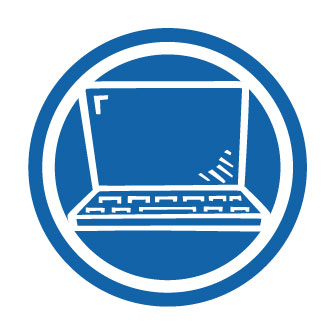 Theme 1: Curriculum Instruction and Inclusion Theme 1: Curriculum Instruction and Inclusion
Explore innovative supports for programs in providing high-quality early education and child development services promoting children's cognitive, social, and emotional growth for later success in school to include recognizing and responding to individual diversity in learners and on the dynamics of teaching supporting children with special needs. Presentations should assist programs with implementing responsive and effective teacher-child interactions, best practices for instruction, research-based curriculum, and screening and assessments to support individualized growth and development. Also, presentations in this theme should provide innovative, developmentally appropriate ideas for technology use in preschool classrooms. This theme also reaches beyond the preschool classroom to include presentations on technology innovations, organizational leadership (i.e., fiscal management in early learning, governance, recordkeeping, and ongoing monitoring) that assist with program service delivery of all performance standards, and ongoing quality improvement and delivering high-quality services.
• Effective teaching practices - Head Start Early Learning Framework Ages Birth to Five
• School Readiness & Parent Engagement practices that support curriculum
• High-quality early learning & socialization activities in home-based programs
• Classroom Assessment Scoring System (CLASS)
• Florida Early Learning Standards & Head Start Early Learning Framework Outcomes alignment
• Curriculum fidelity
• Establishing positive learning environments
• Kindergarten readiness
• Engaging practices for early learners
• Dual language instructional practices
• Learning content areas (Math, Science, Literacy, Language, Art, Technology, Physical)
• Facilitated learning through technology
• New tools for learning
• Technology standards implementation for early learners
• Technology-assisted learning for preschoolers
• Education trends in age-appropriate digital media platforms
• Addressing the individualized needs of children with disabilities
• Special education, learning difficulties, disability
• Autism/early detecting and intervention
• Establishing and achieving program goals
• Implementing program performance standards
• Strategic planning
|